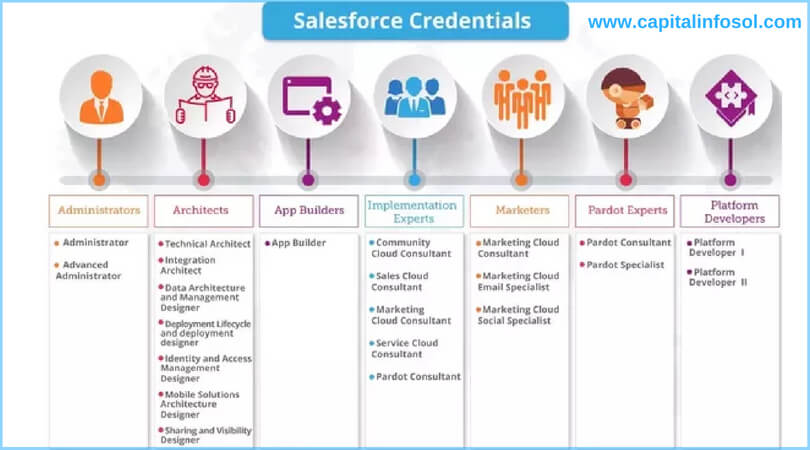
Understanding and measuring your employees' skills is key to managing human capital. By assessing these skills, your business can develop an accurate pay incentive system and achieve better alignment between skill sets and salaries. Pay-for-skills will allow you to avoid high turnover rates and keep employees. It will also encourage employees to develop their core competencies. This will help them feel valued and stay with the company for longer.
Employee engagement
Engaging employees is an essential component in managing human capital. Engaging employees means giving them meaningful feedback and giving them a sense of purpose. It provides employees with the opportunity to speak up and give feedback. Managers should be open with staff members to discuss their concerns and receive regular feedback.
Employee turnover can be a major factor in a company's productivity. Gallup estimates that millennial turnover is costing organizations $30.5 billion each year. Engaged workers are more satisfied at work and are more likely stay in their current positions.
Performance management
Human capital performance management is a way to align an organization’s strategy with the employees' performance. It involves setting goals and objectives and ensuring that everyone works in the same direction. This involves creating and managing individual performance plans. It also includes determining compensation. In addition, performance management focuses on identifying and developing high-potential employees and key talents. This approach can be used for a wide range of purposes, such as hiring and firing, evaluation of performance, and identifying training opportunities.

The best performance management systems will combine employee engagement and performance improvement to ensure that employees are committed to learning and developing. Microsoft's gamification system for call center agents is an excellent example. The goal is to make sure employees have the skills and knowledge they need for their job. To ensure employee success, the performance management system must be integrated with the employee training program.
Compensation
If you want to attract the right talent, compensation is key. Remember that compensation is not about just cash. It's also about motivating employees. A well-designed compensation management system can help companies attract top talent, retain employees, and motivate them. A company's ability to choose the right combination of compensation can increase its revenue and efficiency.
The goal of compensation management is to ensure that salaries and benefits are competitive and reflect the needs of the current workforce. This involves analysing employment data and staying up-to-date on complex benefits administration rules. It is vital that employees receive the right compensation, but also to be paid on time and in a fair manner.
Pay-for-performance
Pay-for-performance can be a great way for employees to be motivated and retained. This model gives employees the opportunity to raise their salaries by setting goals. This model can also be used to help you hire better-skilled workers. This compensation model may not suit every company but it is a great way to encourage top performers.
It is crucial to make sure that the CEO and HR department are committed to pay-for-performance when implementing it. When top management gets behind the concept, middle management is more likely to follow suit.

Learning
Learning can be used as part of human resource management to maximize the potential of your employees. There are many ways that you can make learning an integral part of your company, whether you're hiring new employees or promoting existing employees. One of the most important ways to improve your human capital is to understand industry trends and identify the needs of your staff.
Your employees can learn from you. Proper training will help employees feel confident and excited about their jobs. Employees who feel confident in their jobs will perform better.
FAQ
What is the difference between a consultant and an advisor?
An advisor gives information on a topic. Consultants offer solutions to problems.
A consultant works directly alongside clients to help them realize their goals. A consultant provides advice to clients through books and magazines, lectures, seminars, and other means.
Do I need to pay tax on consulting income?
Yes, you must pay tax on the consultancy profits. This amount will depend on how much you earn each year.
If you are self-employed, expenses can be claimed on top of your salary. These expenses include rent, childcare and food.
But you won't be able to deduct interest payments on loans, vehicle depreciation, or the cost of equipment.
You cannot claim back less than PS10,000 in a given year.
But even if you're earning more than this threshold, you might still be taxed depending on whether you're classed as a contractor or employee.
Employees are generally taxed through PAYE (pay as you earn) and contractors through VAT.
Why should consultants be hired?
There are many factors that could lead to you hiring consultants.
-
A specific project or problem may be a challenge for your company.
-
You would like to improve your skills or learn new things
-
You would like to work with an expert in your field.
-
There is no one else available to handle the task
-
It's overwhelming to see all the information, and you don't know how to get started.
-
It's impossible to afford to hire someone full-time.
Referrals are the best way for you to find a qualified consultant. Ask your network if they are aware of any credible consultants. If you are already acquainted with someone who works as an advisor, ask them for recommendations.
If you're interested in using online directories, such as LinkedIn, you can use the "Search People” feature to find consultants near your location.
Statistics
- WHY choose me: Why your ideal client should choose you (ex: 10 years of experience and 6-week program has helped over 20 clients boost their sales by an average of 33% in 6 months). (consultingsuccess.com)
- My 10 years of experience and 6-step program have helped over 20 clients boost their sales by an average of 33% in 6 months. (consultingsuccess.com)
- On average, your program increases the sales team's performance by 33%. (consultingsuccess.com)
- "From there, I told them my rates were going up 25%, this is the new hourly rate, and every single one of them said 'done, fine.' (nerdwallet.com)
- Over 50% of consultants get their first consulting client through a referral from their network. (consultingsuccess.com)
External Links
How To
How Can I Start A Consultancy Business With No Money?
It's easy and cost-effective to start your own consulting business without capital investment.
This tutorial will help you learn how to make extra money while working remotely, improve your skills, and achieve success.
I'll be sharing some secrets on how to get traffic on the demand, especially for people searching for specific items.
This method is called 'Targeted Traffic'. This method was built specifically to allow you to do things like this...
-
Find out what niche you want.
-
Research which keywords people use to find solutions on Google.
-
These keywords can be used in content.
-
Post your articles on article directories.
-
Promote your articles using social media.
-
Establish relationships with experts and influencers in your niche.
-
Be featured on these blogs or websites.
-
By sending emails, you can increase your email list.
-
Start making money.